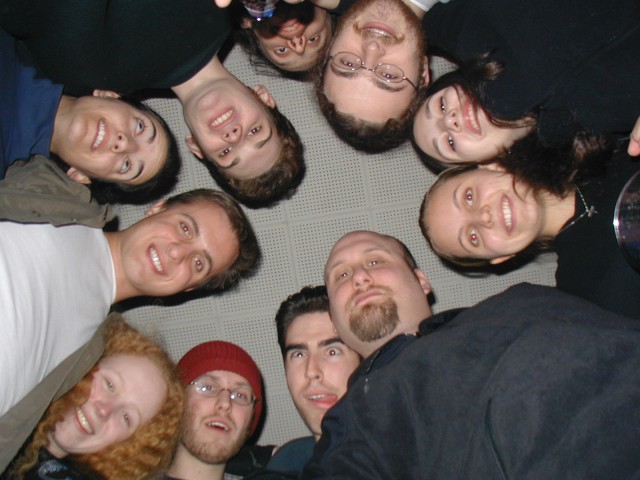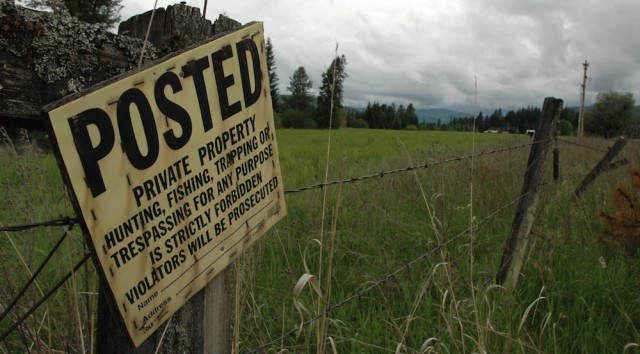“Crowd” is one of the hot terms of the moment – the idea that groups of connected, motivated people with the right incentives can deliver great value when their skills and talents are bought together.
One of application of this idea is crowdfunding where businesses, artists, writer and movie producers can call on the community to donate or invest small sums into a project in return for a benefit like a copy of the book or being an extra in the movie.
The biggest success in this space is the New York based Kickstarter which was founded in 2008. Pozible, an Australian equivalent, that provides local creatives with the opportunity to raise funds without dealing with the hassles of US bank accounts or social security numbers.
Both of these services make money from taking a commission on the money raised, for Pozible users this fee ranges from 5 to 7.5%.
While the focus of Pozible and Kickstarter is on creative projects like books, music and movies, it’s interesting to consider how this model can work for other businesses.
Perhaps an IT business can offer a free year of support or food delivery service free shipping in return for a donation. The possibilities are endless.
It’s not without risks – there’s no doubt the regulators will at best be suspicious of fund raising through these services and anyone participating has to accept the risk of not getting any sort of return.
Since the 2008 banking crisis, funding for small business has dried up around the world. Many viable enterprises found their lines of credit being withdrawn and some even went under as a result.
With banks rationing small business credit, there’s a need – we could even argue an economic necessity – for alternative sources of capital. Crowdsourcing could be an option.
Now the days of easy credit are over; businesses, banks, investors and governments have to adapt. Believing models and regulations that were designed when capital was cheap and abundant won’t work in a very changed economy.
Crowdsourcing will be one of the issues confronting regulators, it’s going to be interesting to see how they deal with it.




